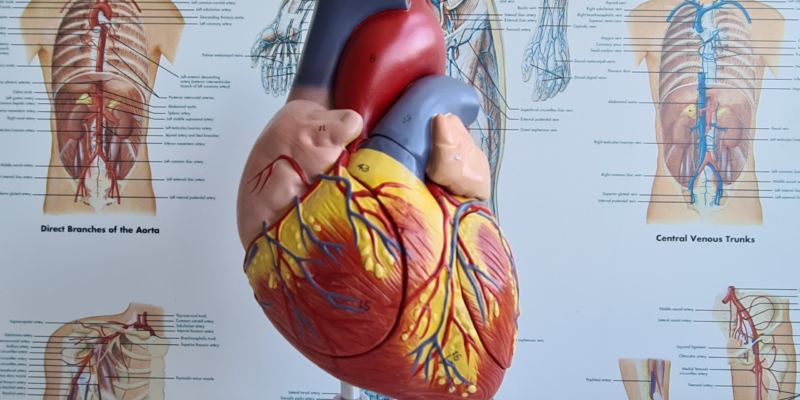
What Is The Purpose Of TAVI/TAVR Surgery?
- Complications with the aortic valve are increasing in people across the world. Under normal conditions, this valve opens up when blood is pumped from the heart to various parts of the body. However, sometimes the aortic valve cannot open and close in a proper fashion and blood flow is hampered as the valve becomes stiff. This condition is known as aortic stenosis. It is obvious that when this happens, extra pressure is exerted on the heart, as blood is pumped through a small valve opening. Swollen ankles, dizziness, breathlessness, chest pain and even blackouts in some cases, are a few of the symptoms.
- Generally in cases like this, open-heart valve surgery is recommended. But this treatment isn’t always suitable for all kinds of patients. Older patients, those who are too ill or those who have various other kinds of medical issues might not be able to undertake open-heart valve surgery as it will be too risky for them. Transcatheter aortic valve implantation (TAVI) is the treatment procedure that works in cases like this.
What Is TAVI/TAVR Surgery?
- Transcatheter aortic valve implantation is a procedure where an aortic valve is implanted with the use of a long narrow tube, known as a catheter. In general, the catheter is inserted into a large blood vessel in the groin or through a small incision which is made in the chest of the patient.
- Special transcatheter aortic valves are designed for surgical purposes. For implanting the valve to the heart, the valve is squeezed inside or around the catheter. The catheter is then inserted and guided to the location of the aortic valve opening in the heart. After the implantation of the new valve, over the existing valve, the catheter is removed. The working of the new valve starts immediately after implantation.
Who Can Undergo TAVI/TAVR Surgery?
- Patients who suffer from progressive heart failure due to aortic stenosis, but are not fit for traditional open-heart aortic valve replacement surgery will need TAVI. Here are some of the conditions in which open-heart surgery might prove to be dangerous:
How will A Patient Prepare For TAVI/TAVR Surgery?
- The surgical and medical team will first ascertain the overall health of the patient. The doctor will carry out various kinds of tests and investigations on the patient to understand better if they will benefit from the TAVI procedure. Some of the tests include blood tests, x-rays, CT scans, electrocardiograms, 2D-Echo and so on. With an 2D-Echo, it is possible to create images of the heart for evaluating the aortic valve. For some patients, cardiac catheterization might also be done, in order to evaluate the heart. Other preparations, which need to be taken include.
What To Do After TAVI/TAVR Surgery ?
- After the surgery, the patient is moved to the intensive care unit of the hospital so that they can be monitored all the time during recovery. As the recovery process continues, the various tubes in the arteries and veins are removed gradually. The hospital stay will continue for a few days. But normal diets can be resumed quickly.
- Once the patient is home, which happens after a few days, depending on the speed of recovery, they must follow all the instructions regarding medicines, diet, pain control, activity and wound care. Also, maintain all the follow-up appointments.
It might take a few weeks to recover completely.
Mentioned below are some guidelines, which will help in quick healing:
More and more cardiologists are getting experience with TAVI and the risks associated with the same are decreasing. However, TAVI is a major procedure in which general anesthesia is required. Some of the common risks which are closely associated with TAVI include the following:
Bleeding
Damage to the blood vessels
Heart attack
Lung puncture
Kidney failure
Replacement valve failure
Several Heart failure
Fluid collection around the heart
Stroke because of decreased Blood supply to the Brain
There might be other risks as well depending on your health condition. Before the procedure have a detailed discussion with your doctor on these matters. When handled by a good cardiologist and with proper following instructions, patients undergoing TAVI recover quickly.

Consultant Interventional Cardiologist

Consultant Interventional Cardiologist

Consultant Cardiovascular and Thoracic Surgeon

Chairman and Director of GHC Hospitals







